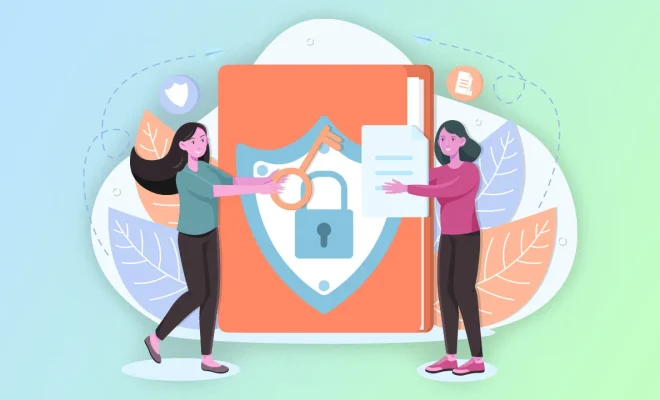How to Avoid Getting Scammed When Buying a Used Car

Introduction:
Are you planning to buy a used car anytime soon? When it comes to buying a used car, there are many factors to consider and potential red flags to watch out for that could save you from getting scammed. Here are some essential tips that can help you make an informed decision and protect your hard-earned money.
1. Do Your Research Before Shopping Around
Before you begin browsing the market for your desired vehicle, it is crucial to conduct thorough research on the specific make and model. Check online reviews, forums, and websites like Kelley Blue Book or Edmunds.com for price ranges, reliability ratings, and common issues.
2. Verify the Vehicle’s History Report
Always ask for the VIN (Vehicle Identification Number) of the car and verify its history report using services like CARFAX or AutoCheck. This report will provide vital information regarding past accidents, ownership history, mileage discrepancies, and maintenance records.
3. Inspect the Exterior and Interior of the Car
When assessing a used car, carefully examine both the exterior and interior. Look for any signs of damage or rust – especially under the hood or near wheel wells. On the interior, inspect for signs of water damage or wear that may not align with the reported mileage.
4. Prioritize A Detailed Mechanical Inspection
While cosmetic flaws may be easier to spot, it is imperative to have a qualified mechanic perform a pre-purchase inspection. They will be able to provide valuable insight into potential issues or evidence of previous accidents not mentioned by the seller.
5. Be Cautious With Online Listings
While online marketplaces like Craigslist or Facebook Marketplace can provide great deals, scammers often lurk in these venues as well. Be cautious about too-good-to-be-true deals; they probably are! Always insist on meeting in person before finalizing any transaction.
6. Test Drive the Car
Always test drive the car before purchasing it. This will give you an opportunity to see how it drives, test out the features, and gauge its overall condition. Make sure you take your time during the test drive – don’t let the seller rush you.
7. Negotiate Like a Pro
Do not hesitate to negotiate for a fair price, as sellers often expect some haggling. But be reasonable and avoid any low-ball offers that could jeopardize your chances of getting a good deal. Do not feel pressured to accept a price or finalize the transaction on the spot.
8. Complete All Necessary Paperwork
It’s important to properly transfer ownership by completing all required paperwork, including titles and registration. Know your state’s specific requirements and ensure all legal documentation is in place before signing off on the purchase.
Conclusion:
By following these tips and performing due diligence, you can save yourself from scammers and secure a great deal on a used car that suits your needs. Remember that taking your time, asking questions, and trusting your instincts will all contribute to an informed decision-making process and a successful purchase.


